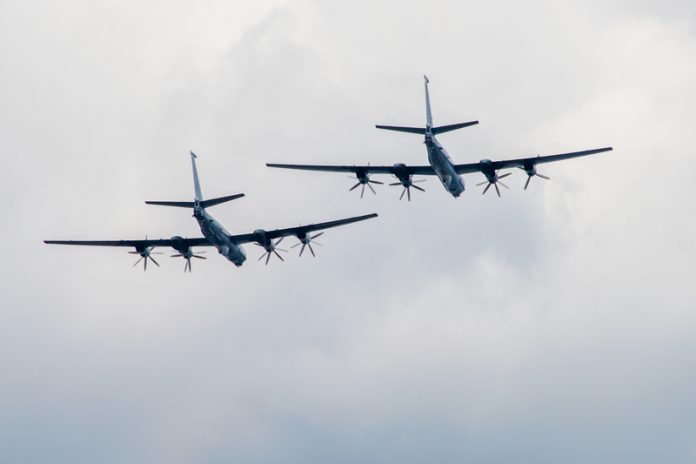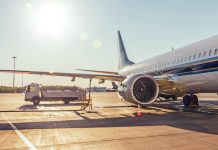There has been a continuous climb in the amount of people travelling by plane and there are no signs of it slowing down — but when people are boarding their flights, the last thing they think about is the source of fuel the aircraft is using. Waste Management professionals, Reconomy has teamed up with Mediaworks to find out if waste will be used as the new fuel for our aeroplanes
Travel trends that have encouraged government action
The government is set to invest £22m which could create five new low-carbon fuel plants that will come as a huge change for the waste industry in the UK. Comments from the Department of Transport said that planes and lorries that have the potential to be driven by waste could use up to 90% less carbon in comparison to regular fossil fuels. This news comes at a time where the UK wants to become a zero-emission zone by 2040 with the removal of petrol and diesel cars and is eager to invest in environmental alternatives to support sustainable transport.
When it comes to fuel consumption by our aeroplanes, it’s vital to understand how the trends of travel has lead the British government to plan a £22m investment into sustainable transport research to find a low-carbon solution to make our planes lift off the ground.
In 2005, 2.14bn people travelled by aeroplane — this rose to 2.26bn in 2006. In 2007, the result grew significantly and stood at 2.46bn. 2.49bn was the result for 2008. However, in 2009 this number dropped to 2.48bn. Without failure, 2010 saw a higher climb as the number of people travelling hit 2.70bn — a momentous increase. In 2011, the figure increased to 2.86bn.
In 2012, the number of people travelling hit the 3bn mark, continuously increasing in 2013 where 3.15bn people travelled. This increased in 2014 with 3.33bn travelling. Although this has been increasing over time with only one drop, it is expected to rise further. 2015 saw 3.57bn travel and in 2016, there were 3.77bn travellers.
As more people take journeys, air pollution is becoming more of a problem. Aeroplanes emit particles and gases into the air which is causing a long-term effect on global dimming, climate change and ocean acidification. With more people jetting off, action needs to be taken and this has been the driving force behind the big investment, of which 70 groups are bidding for the funding.
Fuel in action
Aside from the British government’s initiative, Velocys has teamed up with British Airways to bring the waste-to-renewable-jet-fuel to life and an investment decision is expected to be announced by 2019. The waste plant used is expected to bring in hundreds of thousands of waste produce each year, which will be converted into clean-burning fuel that will later be used to help get British Airway planes off the ground. The waste that is used is expected to reduce greenhouse gases by 60%, with a 90% reduction in particulate matter emissions in comparison to traditional jet fuel.
China: Hainan Airlines
Hainan Airlines recently took a 12.5-hour flight from Beijing to Chicago using 15% biofuel and 85% conventional jet fuel — which is a huge step in the right direction for 2017. The cooking oils, which included vegetable oils and animal fat, were taken from restaurants; and this could help reduce emissions by 50%, if used instead of normal jet fuel.
United States: United Airlines
Using biofuels from agricultural and household waste, United Airlines use around 30% biofuel and 70% conventional fuel. From this, carbon dioxide emissions will be reduced by a huge 60% on a lifecycle basis in comparison to conventional jet fuel.
Australia: Qantas
Qantas is another airline that has made significant progression when it comes to fuelling aeroplanes with waste. In 2012, Qantas flew an Airbus A330, which is a wide-body jet with a twin engine, and powered it with 50% cooking oils and 50% conventional jet fuel. In 2018, Qantas hopes to achieve a flight from Australia to America with 30% biofuel from mustard seeds and 70% conventional fuel. This should reduce emissions by 20%.
Germany: Lufthansa
Lufthansa is another airline that is trying to improve the environment. In 2016, it entered a contract with a company that produces biofuel from grain. Lufthansa will purchase 8 million gallons of biofuels per year until 2020, and has already done many biofuel and jet fuel testings on commercial flights.
Jonny Mackley
Outreach Executive
jonny.mackley@mediaworks.co.uk
+44 (0)191 404 0100











